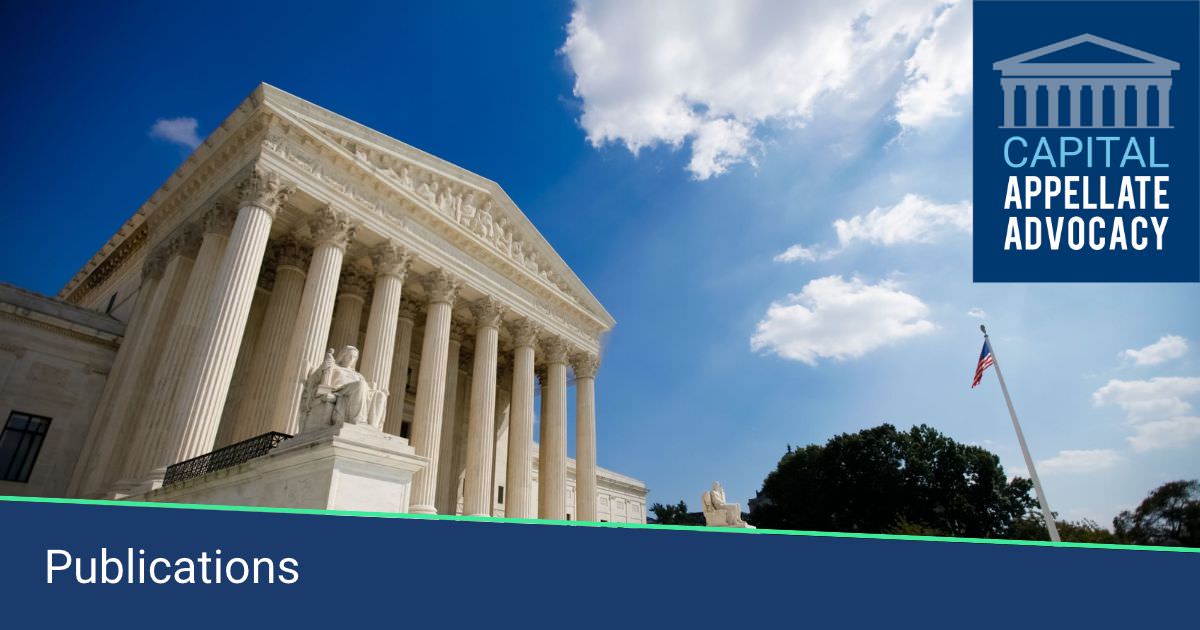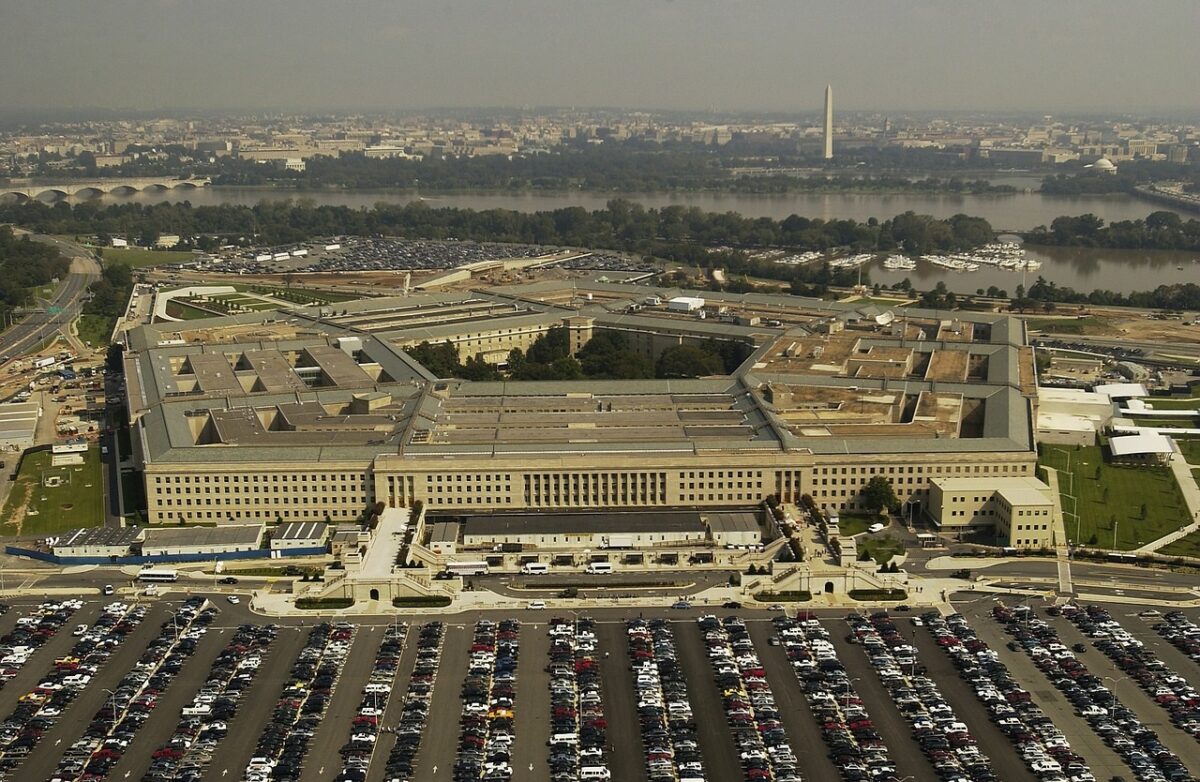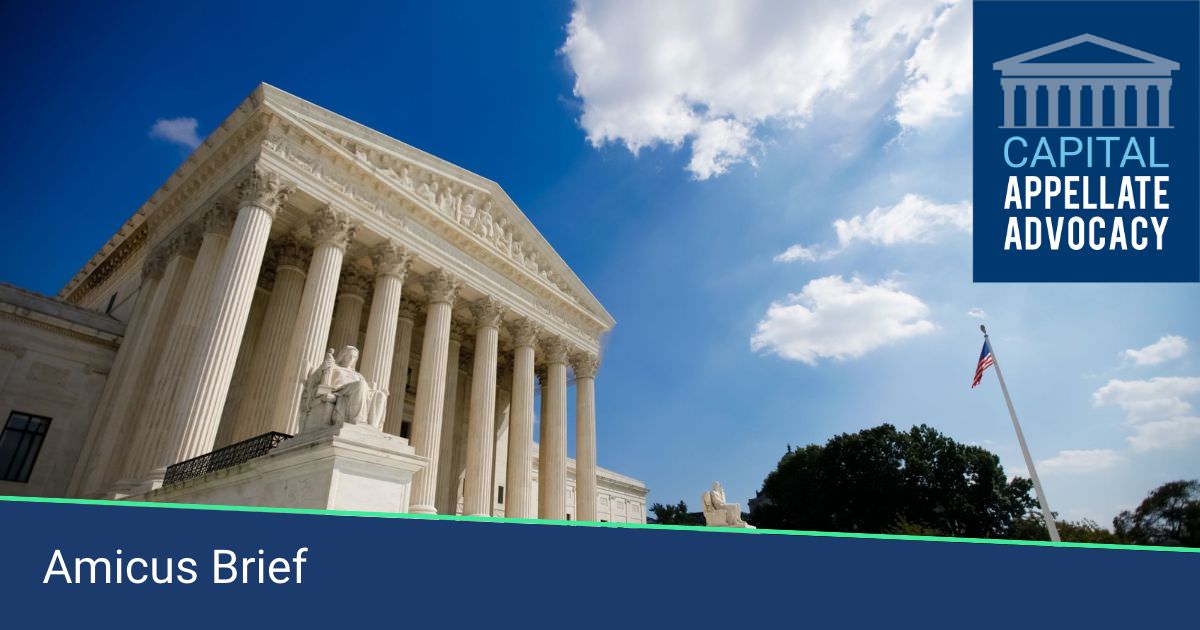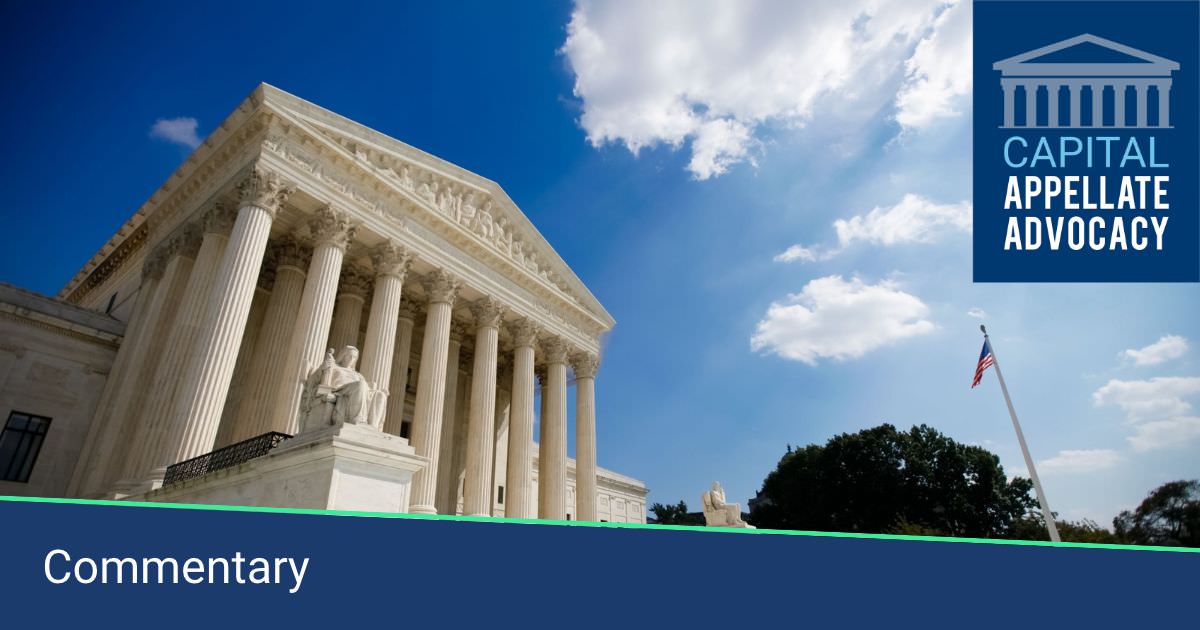How to Choose and Hire an Appellate Attorney
So the case that you lost—or won—at the trial court level is going to be appealed. What now? If you have not already done so, you should select and engage an appellate attorney. Whom to choose and how to forge a successful relationship with that attorney often involves considerations that are specifically tailored to appellate […]
How to Choose and Hire an Appellate Attorney Read More »




